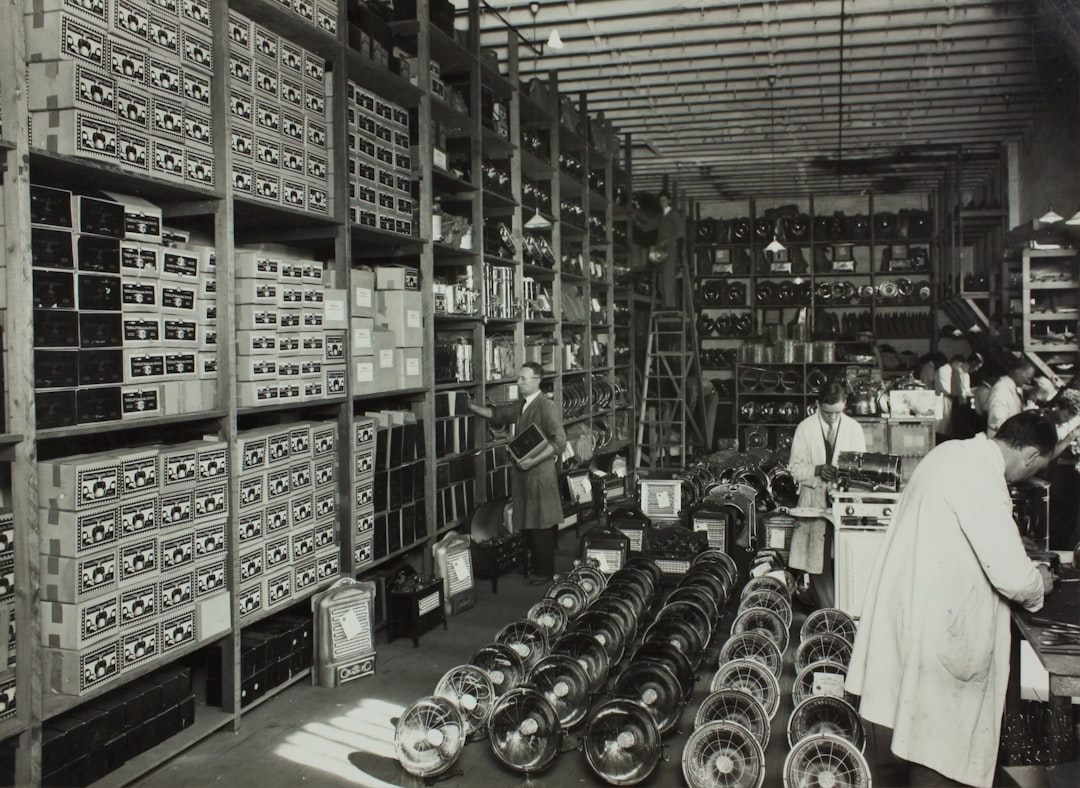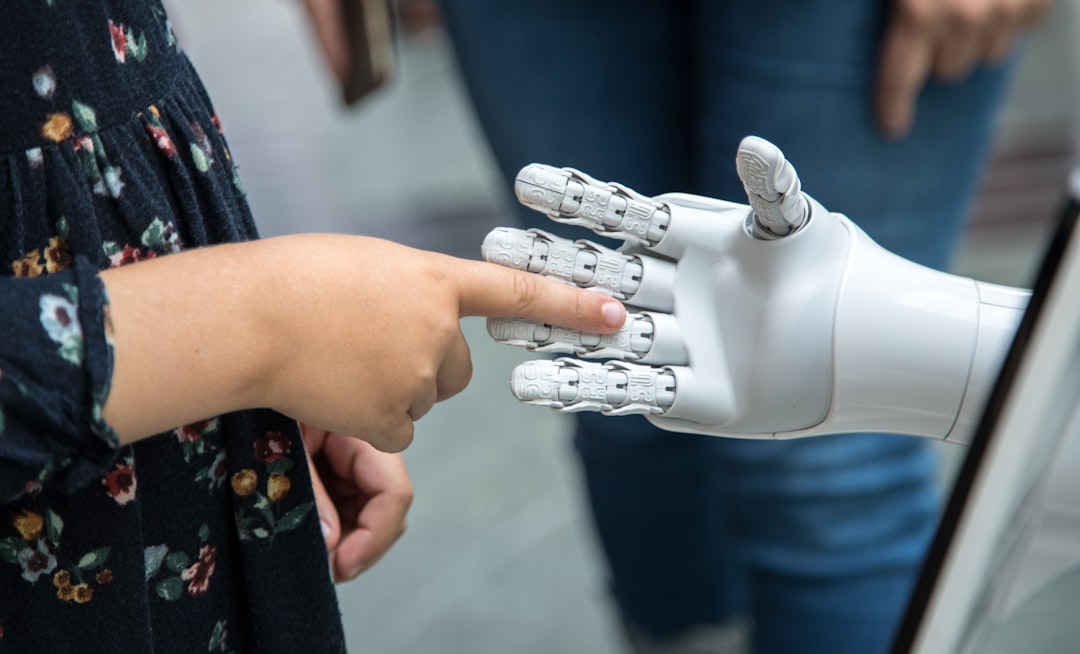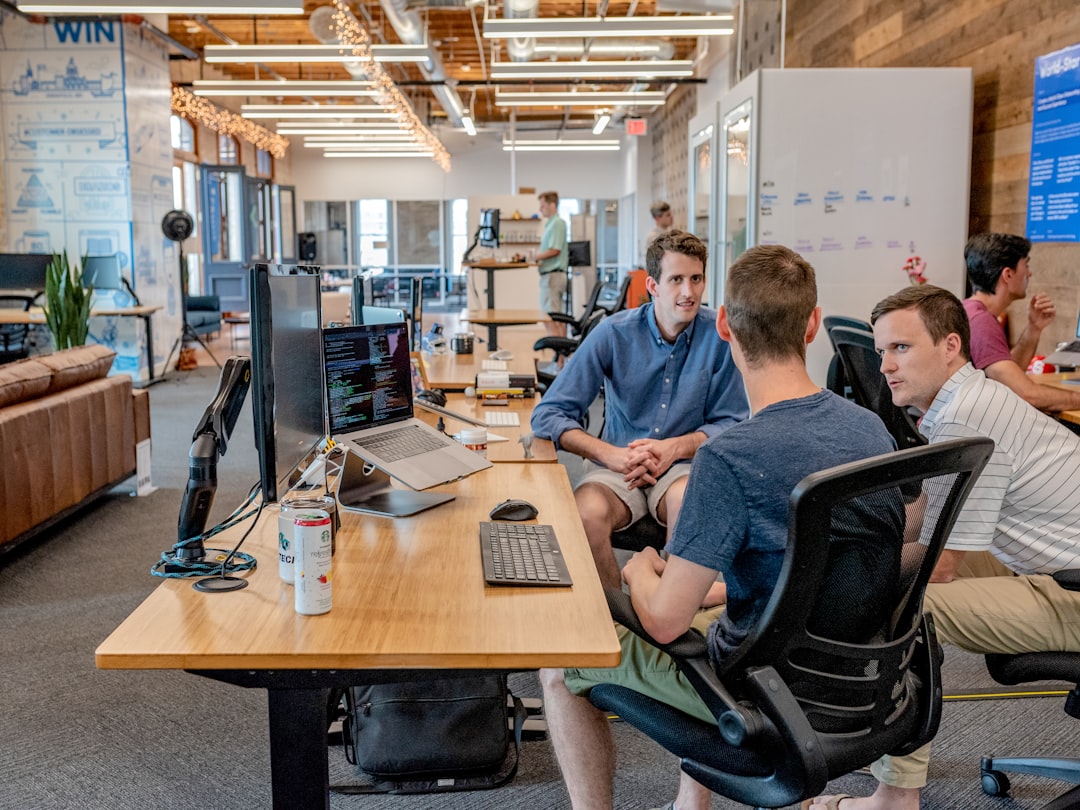AI is transforming the manufacturing industry in several profound ways, enhancing efficiency, precision, and adaptability across various production processes. Here are some key areas where AI is making a significant impact:
1. Predictive Maintenance
-
Impact: AI systems analyze data from machinery sensors to predict potential failures, reducing unplanned downtime by up to 50% and lowering maintenance costs
-
.
-
Benefit: This proactive approach minimizes production interruptions and optimizes maintenance schedules.
2. Quality Control and Inspection
-
Impact: AI-powered computer vision systems inspect products in real-time, identifying defects more accurately and quickly than human inspectors
-
.
-
Benefit: Improved product quality, reduced waste, and increased customer satisfaction.
3. Supply Chain Optimization
-
Impact: AI analyzes vast datasets to predict demand, manage inventory, and streamline logistics, ensuring timely delivery and reducing waste
-
.
-
Benefit: Enhanced operational efficiency and responsiveness to market dynamics.
4. Generative Design
-
Impact: AI algorithms generate numerous design options based on specified constraints, optimizing product design for performance and material efficiency
-
.
-
Benefit: Faster innovation cycles, reduced material waste, and optimized designs.
5. Robotics and Human-Robot Collaboration
-
Impact: AI-powered robots (cobots) work alongside humans, taking on repetitive or strenuous tasks while employees focus on complex work
-
.
-
Benefit: Increased productivity and safety, with humans handling strategic and creative tasks.
6. Digital Twins
-
Impact: AI-driven digital twins simulate production processes and supply chains, allowing manufacturers to test scenarios virtually and optimize operations without physical intervention
-
.
-
Benefit: Improved decision-making, reduced risks, and enhanced operational efficiency.
7. Real-Time Decision-Making
-
Impact: AI processes data in real-time, enabling managers to make informed decisions quickly, which is crucial in dynamic manufacturing environments
-
.
-
Benefit: Enhanced operational agility and responsiveness to changing conditions.
8. Increased Efficiency and Productivity
-
Impact: AI automates repetitive tasks, optimizes workflows, and reduces human error, leading to significant productivity gains
-
.
-
Benefit: Reduced labor costs, improved production speed, and enhanced competitiveness.
Overall, AI is revolutionizing manufacturing by making processes smarter, more efficient, and adaptable. This transformation is not just about automation but also about creating a more sustainable and responsive industry that can meet evolving market demands effectively.










0 Comments